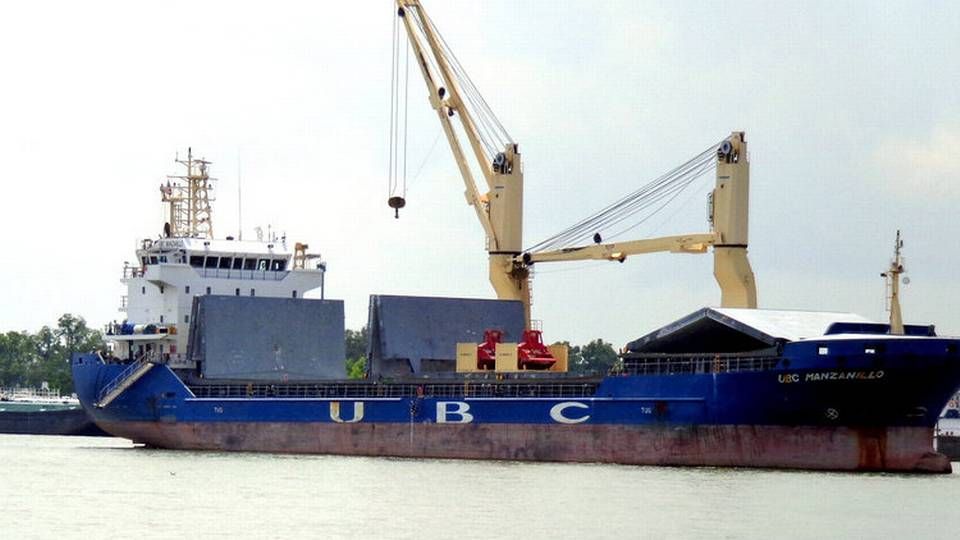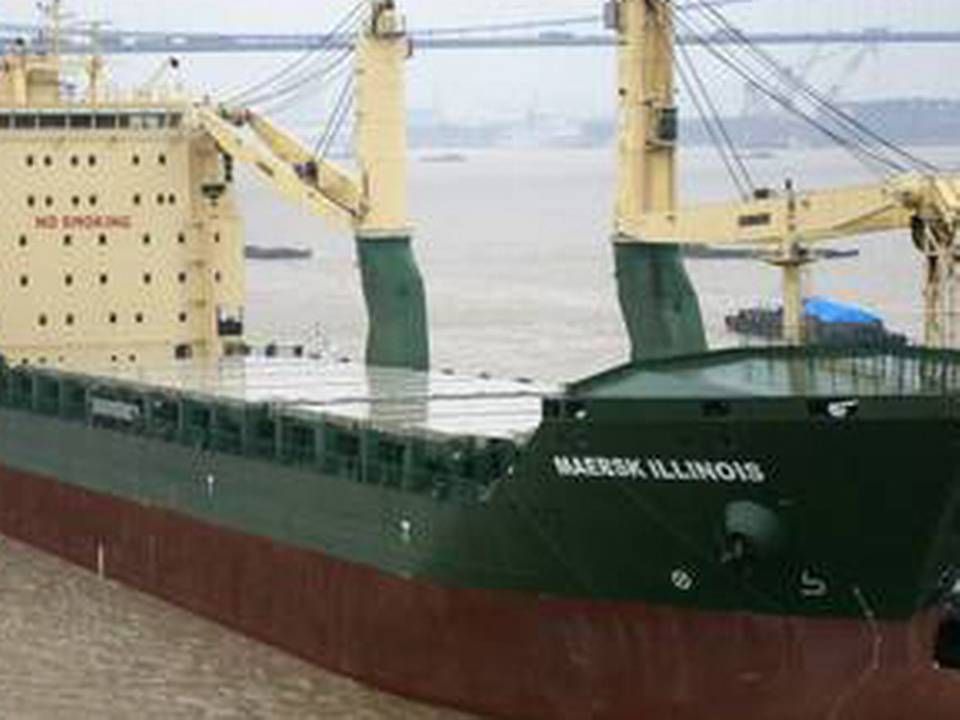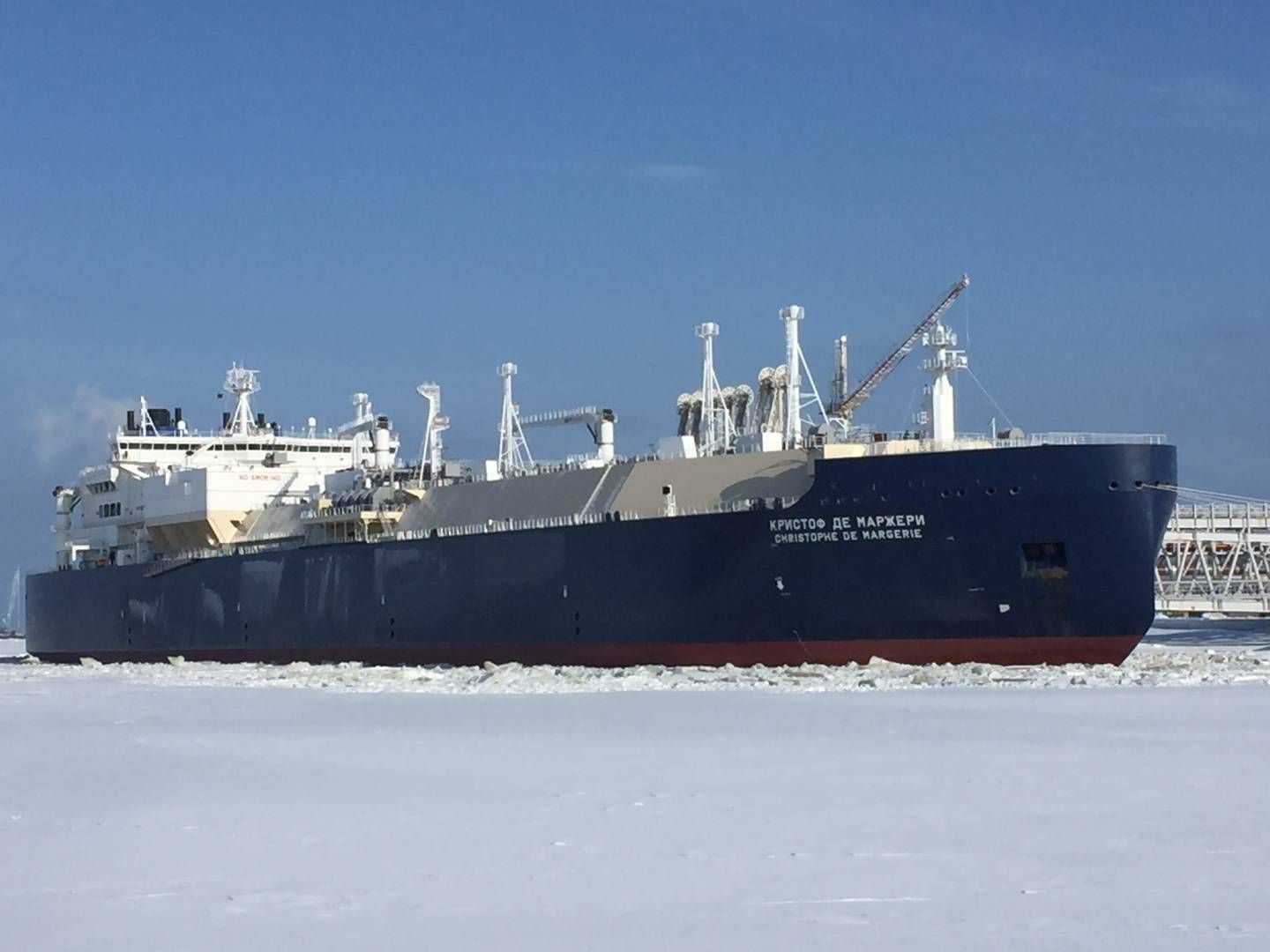Multipurpose operators to expand fleet in new joint venture

GRONINGEN
"I would like to see us reach at least 100 vessels, though this is not a goal in and of itself," says Jan van der Laan, CEO and owner of Dutch multipurpose carrier Feederlines.
In 2016 he was one of the architects behind a new joint venture together with business partner Jan van Breden of company Navigia and Otto Torenbosch, Chief Exec of Thorco Shipping Holland, in a new joint HQ under the name Shipping Company Groningen in the Dutch city of the same name.
Common for all three shipping figures is a background in the accounting, finance, and banking sphere, which is often described as the new management generation in shipping due to the financial crisis across the various segments.
Large growth in vessels
Since March last year, the fleet, which Shipping Company Groningen operates today as technical managers, has grown from 42 to more than 61 vessels – a growth partially caused by the addition of 10 vessels from Dutch shipping group Flinter, which went bankrupt in October last year. Denmark's Thorco Projects has also placed vessels in the new joint venture.
Banks have huge sums floating around on project vessels
The deep downturn throughout the global sector for specialized vessels, multipurpose (MPP) and heavy lift, has triggered a veritable fight to survive, especially for smaller operators which fail to join larger units and thus do not achieve a vessel volume that is crucial to survive the crisis enveloping the MPP sector these years, and with zero prospects of significant improvements in the market conditions before sometime in 2018.
In recent years, Dutch shipping has lost several MPP operators, which have gone bankrupt, including Reider Shipping and Universal Marine, while Flinter Group and Abis Shipping as the only two victims shut down in the final months of 2016 when major banks ING and ABN Amro pulled financing.
Stable and sustainable business
"Our goal is basically to survive and to create a stable and durable business with a solid basis of vessels in our fleet, while also ensuring employment and a stable future for our employees" says van der Laan and van Breden together.
The ambition for the three operators in Shipping Company Groningen is to deliver a mix of third party management combined with owned and partially-owned vessels.
"Owned and partially-owned vessels will be our basis, as it will be too risky to exclusively operate vessels for others. We don't mind if a bank decides to place a number of vessels with us for a period of time. They would contribute to our business, but in those cases we know that we will lose the ships again at some point. As such, the mix of owned and partially-owned vessels is important to us," says van der Laan:
"In the way we've set up our business, we may be better places to seize the opportunities that emerge in terms of banks and the ships they own."
The three companies still operate under their own names, but they will in time start using the joint brand Shipping Company Groningen.
Shipowners' chairman: Scrapping is a bright spot
The Netherlands has historically been home to numerous smaller operators and shipowners in multipurpose and heavy lift, many of which have, during the crisis, been trying to consolidate themselves into bigger units, explains Tineke Netelenbos, chairman of the Royal Dutch Shipowners Association.
"We've seen many examples of consolidation in which companies have joined forces in an effort to survive. The companies which have folded are the ones which grew very, very quickly, and perhaps too quickly," Netelenbos tells ShippingWatch.
Banks prepare for next round of consolidation in multipurpose
In spite of the severe downturn current ravaging the sector, she is optimistic about the long-term prospects.
"The heavy lift sector is highly dependent on the oil and gas market. We're noting a slight improvement right now, and in the somewhat longer term there will be more work for the fleet, as many platforms and rigs need to be dismantled and scrapped. Meanwhile, the market for offshore wind turbines is growing, and this will create employment for many heavy lift operators," says Netelenbos.
The crisis in the Dutch shipping sector has not only hit the shipowners. ShippingWatch has been in contact with a shipbroker working with the multipurpose segment who explains that there is almost zero activity at the Rotterdam office.
He also says that at least one competing broker has closed its Dutch office due to the crisis.
English Edit: Daniel Logan Berg-Munch
Zeaborn takes over Rickmers-Linie and NPC Projects
Thorco chairman: German banks are monopolizing the market
Related articles
Zeaborn takes over Rickmers-Linie and NPC Projects
For subscribers
Thorco chairman: German banks are monopolizing the market
For subscribers
Thorco Projects and MC-Schiffahrt in new pool collaboration
For subscribers




















